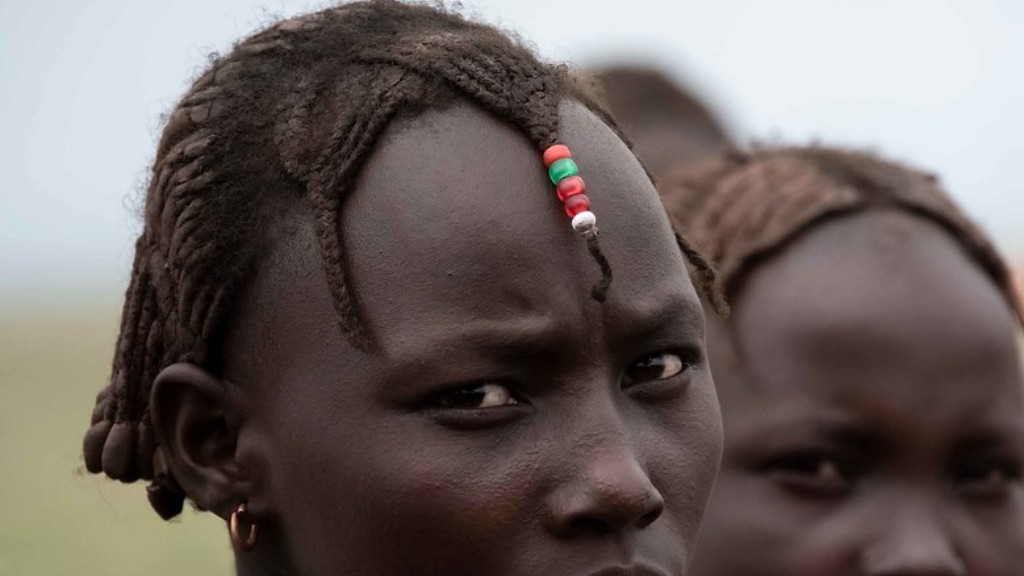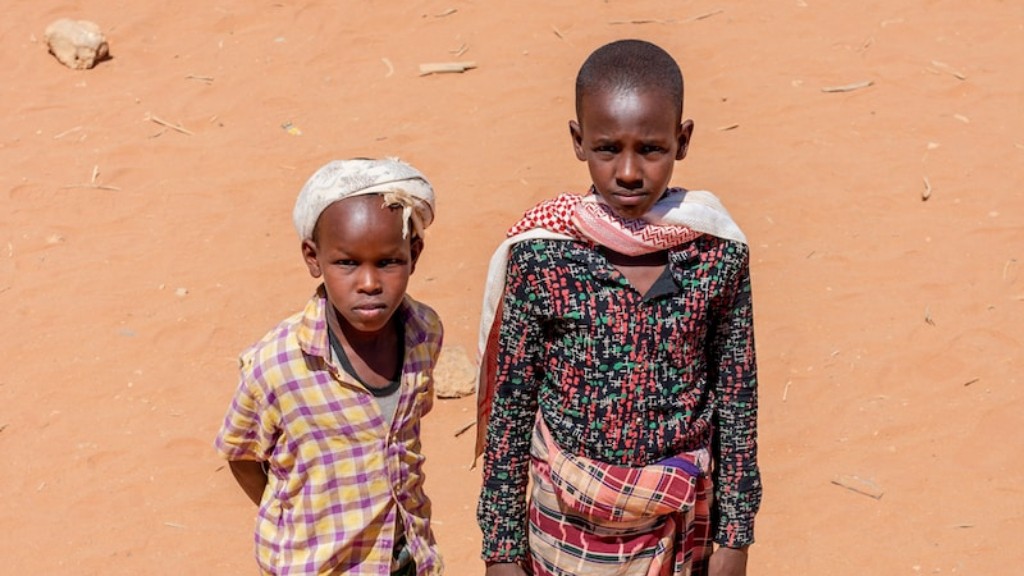The Fulani tribe, also known as the Fula or Fulbe, is one of the largest and most widespread ethnic groups in Africa. The Fulani people can be found across 20 countries in West and Central Africa, with their highest concentration in Nigeria, Niger, Guinea, Mali, and Senegal. They are primarily pastoralists, known for their cattle herding and nomadic lifestyle. However, in recent years, the Fulani tribe has faced numerous challenges and conflicts, which have led to a change in their traditional way of life.
Traditionally, the Fulani people were nomadic pastoralists, moving with their herds of cattle, sheep, and goats in search of grazing lands and water. They relied on these animals for their livelihoods, including milk, meat, and hides. The Fulani are known for their impressive husbandry skills, as they have developed a deep understanding of their animals and the environments they inhabit.
Despite their pastoralist heritage, many Fulani people have been forced to abandon their traditional way of life due to various factors. One of the main reasons is the increasing scarcity of grazing lands and water sources. Over time, the expansion of agriculture and urbanization has led to the encroachment on the Fulani’s traditional territories, posing significant challenges to their cattle herding practices.
Additionally, conflicts between the Fulani people and other communities have also played a significant role in altering their way of life. Competition over resources such as land and water has resulted in tensions and, at times, violence between pastoralists and farmers. These conflicts have not only disrupted the Fulani’s livestock-rearing activities but have also led to the displacement of many Fulani communities.
Experts argue that the Fulani tribe’s challenges and conflicts are rooted in complex historical, socio-economic, and political factors. The Fulani people face marginalization and discrimination in various aspects of their lives, including access to education, healthcare, and representation in government. This marginalization has contributed to their vulnerability and the resulting conflicts.
Efforts to address the challenges faced by the Fulani tribe are ongoing, with various organizations and governments implementing initiatives aimed at promoting peace, improving livelihoods, and ensuring the preservation of their cultural heritage. These initiatives include the provision of alternative livelihoods, such as vocational training and support for agricultural practices that complement cattle herding.
The Fulani Conflict: A Cause for Concern
One of the significant challenges facing the Fulani tribe is the escalating conflict between Fulani herders and farmers in several African countries. This conflict is often characterized by clashes over land and water resources, leading to loss of lives and displacement.
The situation is particularly severe in Nigeria, where clashes between Fulani herders and farmers have resulted in thousands of deaths and the displacement of hundreds of thousands of people. The conflict in Nigeria has been exacerbated by factors such as climate change, rapid population growth, and the proliferation of small arms.
With the Fulani people heavily relying on their cattle for their livelihoods, the loss of animals due to the violence has had devastating economic impacts on the community. Moreover, the displacement of Fulani communities has disrupted social structures and traditional practices, further deepening their vulnerability.
Efforts to mitigate the Fulani conflict involve a multi-dimensional approach that addresses the root causes of the conflicts, promotes dialogue, and implements development projects that benefit both herders and farmers. These initiatives focus on conflict resolution, land and resource management, as well as strengthening law enforcement to prevent the proliferation of small arms.
The Fulani Culture and Identity
The Fulani people have a rich cultural heritage that spans centuries. Their culture is characterized by a strong oral tradition, with storytelling, poetry, and music taking center stage. The Fulani are known for their epic poems, called “Lagal,” which are recited during special occasions and celebrations.
Music also plays an essential role in the Fulani culture, with traditional instruments like the xalam (a stringed instrument) and the hoddu (a lute-like instrument) being prominent. These instruments are used during ceremonies and social gatherings, adding to the vibrancy and uniqueness of the Fulani cultural experience.
Despite the challenges they face, the Fulani people are proud of their heritage and have a strong sense of identity. Their resilience in the face of adversity, coupled with their commitment to preserving their cultural practices, serves as a testament to the strength and endurance of the Fulani community.
The Future of the Fulani Tribe
The future of the Fulani tribe largely depends on the ability to address the challenges they currently face and ensure the preservation of their traditional way of life. This requires concerted efforts from governments, organizations, and communities to promote peaceful coexistence, sustainable resource management, and inclusive development initiatives.
Investments in education and healthcare are also crucial to empower the Fulani people and provide them with opportunities for a better future. By addressing the marginalization and discrimination they face, there is a possibility to break the cycle of poverty and vulnerability that currently exists within the Fulani community.
Furthermore, recognizing and celebrating the cultural heritage of the Fulani tribe is essential for their continued preservation. Efforts should be made to document and promote their traditional practices, arts, and crafts, as well as support initiatives that provide economic opportunities for Fulani artisans and musicians.
In conclusion, the Fulani tribe is an integral part of the African cultural fabric. While they face numerous challenges and conflicts, the Fulani people have shown resilience and a strong sense of cultural pride. By addressing the root causes of their challenges and implementing sustainable solutions, there is hope for a brighter future for the Fulani tribe.




